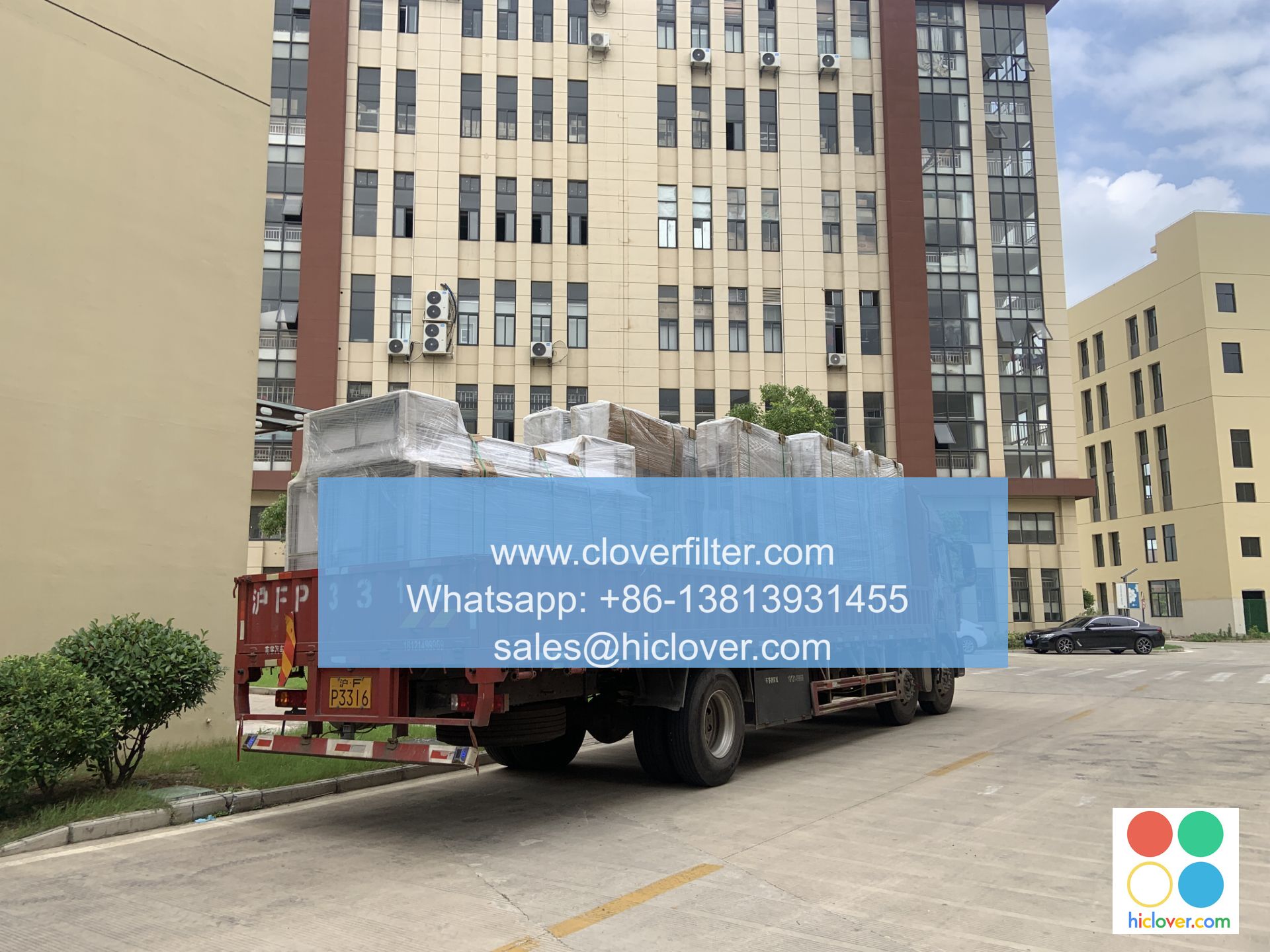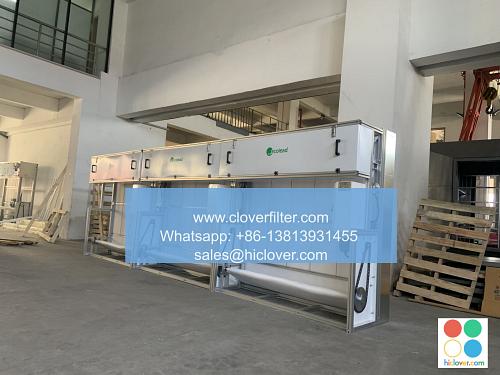The Importance of Testing and Evaluation in Air Filter Certifications

The air filter industry has become increasingly important in recent years, with a growing need for high-efficiency air filtration systems to improve indoor air quality and protect against airborne pollutants. As a result, air filter certifications have become a crucial aspect of the industry, ensuring that products meet certain standards for air purity and filtration efficiency. In this article, we will discuss the importance of testing and evaluation in air filter certifications, highlighting various application areas and the role of air filter testing protocols in ensuring product quality.
What are Air Filter Certifications?
Air filter certifications are third-party verifications that confirm an air filter product meets specific standards for filtration efficiency, airflow, and pressure drop. These certifications are typically issued by independent testing organizations, such as the Association for the Advancement of Air Filtration (ASRAE) or the International Organization for Standardization (ISO). By obtaining certifications, manufacturers can demonstrate the performance and reliability of their air filter products, which is essential for building trust with customers and maintaining a competitive edge in the market.
The Role of Testing and Evaluation in Air Filter Certifications
Testing and evaluation are critical components of the air filter certification process. Comprehensive testing protocols are used to assess the performance of air filter products under various operating conditions and environmental factors. These tests evaluate key parameters, such as filtration efficiency, airflow, pressure drop, and dust holding capacity, to ensure that the product meets the required standards. By conducting thorough testing and evaluation, manufacturers can identify and address any performance issues or design flaws before bringing their products to market.
Application Areas for Air Filter Certifications
Air filter certifications have a wide range of applications across various industries, including:
* Commercial HVAC systems: Air filter certifications are essential for ensuring the indoor air quality and comfort of commercial buildings.
* Industrial processes: Air filters are used to protect against hazardous particles and gases in industrial settings, such as manufacturing and chemical processing.
* Healthcare facilities: Air filter certifications are critical for maintaining sterile environments and preventing the spread of airborne infections in hospitals and healthcare facilities.
* Residential air purification systems: Air filter certifications help ensure that residential air purification systems are effective in removing pollutants and allergens from indoor air.
Benefits of Testing and Evaluation in Air Filter Certifications
The benefits of testing and evaluation in air filter certifications are numerous, including:
* Improved product performance: Thorough testing and evaluation help ensure that air filter products meet the required standards for filtration efficiency and airflow.
* Increased customer trust: By obtaining certifications, manufacturers can demonstrate the quality and reliability of their products, building trust with customers and establishing a competitive edge.
* Reduced maintenance and operating costs: Air filter certifications can help identify and address performance issues, reducing the need for frequent maintenance and replacement.
* Enhanced indoor air quality: By ensuring that air filter products meet certain standards for filtration efficiency and airflow, certifications help maintain good indoor air quality and prevent the spread of airborne pollutants.
Conclusion
In conclusion, testing and evaluation are essential components of air filter certifications, ensuring that products meet certain standards for filtration efficiency, airflow, and pressure drop. By highlighting various application areas and the role of air filter testing protocols, we can appreciate the importance of these certifications in maintaining good indoor air quality and protecting against airborne pollutants. As the air filter industry continues to evolve, the need for comprehensive testing and evaluation will only continue to grow, driving innovation and excellence in air filtration technology. You haven’t provided a prompt or question for me to respond to. Please go ahead and ask your question, and I’ll do my best to provide a helpful and direct answer.

